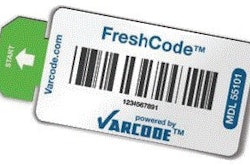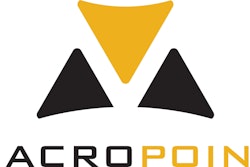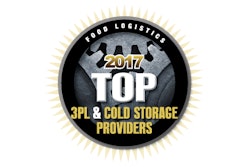
As expectations in the transportation and logistics industries change, so do the services providers offer their clients. These enterprises are learning there is no “one size fits all” method when aiming to provide the best solutions to clients. This approach has led most transportation companies to provide a variety of services that meet the unique needs of their customers.
While choosing a provider that offers a custom business model for the company’s transportation and logistics needs will benefit the company’s bottom line, not all providers are created equal. Business leaders need to fully understand the extent of customization capabilities within their particular vertical prior to selecting a provider.
Partnering with Providers
Whether a company is a startup or a long-standing enterprise, large or small, partnering with a custom service transportation and logistics provider will positively impact the bottom line. This model ensures supply chain optimization, alleviating the client of unnecessary stressors and costs, which may include dealing with equipment and maintenance issues, complying with the updated federal and state regulations, and being exposed to liability claims.
Engaging in these partnerships relieves the business of the costs and risks associated with going in alone. In addition, a majority of transportation and logistics companies’ custom services offer the following advantages across industries:
- Specialized equipment and services for unique delivery needs.
- Extensive facility support infrastructure.
- Supply chain service integration capabilities.
- Rapid time to deployment.
- Integration with other customers for shared use of assets and services.
Fully Customized Solutions
Although the above solutions are helpful to most enterprises, there are many different needs and expectations when it comes to catering to a specific industry and company. Integrated solutions providers craft their offerings to deliver upon the unique circumstances of its many clients, such as:
Custom dedicated fleets—Business leaders currently managing or outsourcing their own dedicated fleets should inquire on a service providers’ driver, trailer, equipment and technology capabilities.
Warehousing and distribution—Regionalized distribution offers improved service and flexibility in sourcing, replenishment and inventory fulfillment. Customers also enjoy faster and more predictable order processing and transit times.
LTL Transportation—Businesses need to ensure their provider has sufficient assets to cover their region. Having an extensive network of direct-load service centers better controls the movement of products for customers.
Solution Design—An a la carte menu of services does not equal a solution. Business leaders should look for providers who have the ability and are willing to think outside the box to find and tailor a solution to fit their needs. Whether it is increasing the number of stops per route, minimizing empty backhaul lanes, or providing seasonal storage or managing a customer’s entire fleet.
Prioritizing Time and Effort
Business leaders in every industry have plenty of challenges competing for their time and attention. Overseeing the costs and risks associated with transportation of the company’s products should not be one of them. Before engaging in a relationship with a transportation provider, key decision makers must consider all of the custom features available to their industry and their company’s unique needs will be met now and allow for flexibility in the future.



















